Three Types of Chaos in Business
The journey to overcoming chaos starts with understanding.
I think of chaos in three categories:
- Natural chaos includes what you see in the contracts with insurance companies when they talk about acts of God, earthquakes, and tsunamis. Natural chaos is things that are entirely outside of our control.
- Social chaos has to do with the relationships among us and between us.
- Internal chaos. It's hard to have stability and order between people when there's chaos within us.
What do we do with chaos?
About all we can do with natural chaos is decide how much preparation we want to make in advance for it. It costs us something to make those kinds of preparations.
Most of us have smoke detectors in our homes. That's a slight preparation for what could be a natural disaster. But other things are so costly that we can't afford to do any preparation, such as a meteorite hitting the earth. What can we do about that as a civilization?
The second kind of chaos is in the news daily. This chaos among us is pervasive. You're confronted with this daily if you're running and managing an organization, an enterprise, or a department within the enterprise.
New people coming into your organization have different expectations. There could be misalignments in the skill sets of people you thought had a particular skill but who do not. Chaos is an everyday thing we see. We sense the amount of chaos more than we ever have in the past.
If you study history, you could argue that there isn't more chaos now than ever, but there's certainly more awareness of the chaos. As a leader, one of your greatest challenges is dealing with the chaos between and among us.
The third area is the chaos within. It's like the organic chemistry of society. It's hard to have stability and order between people when there's chaos within us.
What is chaos within?
You can read psychology. You could read lots of sources. I think the Bible has some of the greatest insight into how we're constructed and the source of chaos. The Bible says there's four main elements to our architecture:
- Desire
- The heart
- The mind which thinks and interprets desires.
- Imagination is the formation of the first creation that comes out of our thinking and triggers action. For example, we imagine the house we want to build or the business we want to build, and then we take action.
But a problem occurs when those four things are not aligned and it feels chaotic. For example, if I want to build a business or build a house and I undertake the effort to do that, only to find out I need more resources. That creates chaos and tension in me, and I start doing things to get more resources – or I don't have the skills – and I become frustrated in the attempt to do something I don't know how to do.
We see that in young people all the time. Youngsters trying to be in their first ball game get frustrated because they can't hit the ball.
When you see behaviors in your organizations where people are having the equivalent of a child's tantrum, there's some misalignment deep down. There's something that they're seeking and wanting that they are not getting. I'm not saying that what they want is right. That can be a source of chaos to wanting the wrong things.
The alignment of when we get – when we want the right things – when we have the wisdom to know how to pursue those right things. When we imagine the right course of action and the skills to pursue that course of action, it creates an internal kind of peace.
We must ask what the root causes of all the chaos among us are in today's world. Much of that root cause has to do with the chaos within us.
Chaos is Not the Enemy
I want to point out that chaos itself is not the enemy. Chaos is a source of raw materials from which to move to another level of order. Don’t feel like you're a victim of chaos, but understand that it's a natural state for humans.
God created the heavens and the earth, and they were void and without form, and then he began to bring order out of it. Chaos is the confrontation of your desire to bring order out of things. The chaos is the state or the raw material from which you bring that order – whether it's raising a family, cooking a meal, or building a business. It's all the same idea: a desire to bring order, create something, and the skills needed.
Subscribe to the LeadFirst Briefing
Conquer Chaos in Your Business
- Order copies of Built to Beat Chaos for your team
- Lead your team through the Discussion Guide
- Set a vision for your business with the LeadFirst Purpose Workshop.





